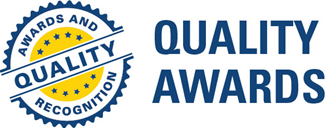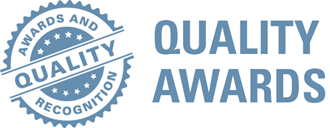

 Quality Awards
Quality Awards
The St. Luke’s Podiatry Residency program encourages community service through the active role of our residents in several foot health clinics. Patient care, in the sponsoring institutions, is raised to a higher level through interdisciplinary cooperation and through our ability to provide comprehensive foot health services. Interaction of our residents with students, interns, residents and attendings in other disciplines raises the level of awareness of all involved of the role of podiatric medicine in our health care system. Core specialty rotations are diverse and generally are scheduled in the earlier years of the program. Basic clinical skills are achieved during this time. Podiatric surgery and more specialized rotations are emphasized in the last years of the program.
The podiatric surgical portion of the program provides in-depth training in preventative, diagnostic and treatment considerations. Basic knowledge, attitudes and clinical skills development are emphasized. Upon completion of the program, our residents are eligible to seek board-qualified status by the American Board of Podiatric Surgery.
The residency program provides extensive instruction in forefoot and rearfoot surgery. Particular emphasis is placed on diabetic foot care. A Charcot and Reconstructive Foot program is in place. Clinics provide sophisticated instruction in wound care.
We strive at all times to comply with program requirements as outlined by the Council on Podiatric Medical Education, assuring that our residents will receive instruction in all areas of podiatric medicine and surgery. Basic understanding of the theories and practices of podiatry, as well as skills and appreciation for podiatric research, also are areas of emphasis. The residents will grow to understand the interrelationship between podiatry, general medicine and the social problems experienced by our patients, as well as the effect of these interactions on treatment outcomes.
More advanced and challenging problem-solving situations are presented to the resident as he/she progresses through the program. We start with a specific outline of academic content and learning objectives, but retain enough flexibility to keep our training program as current as possible.